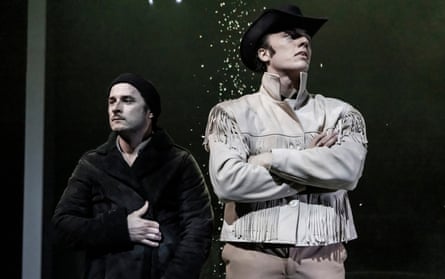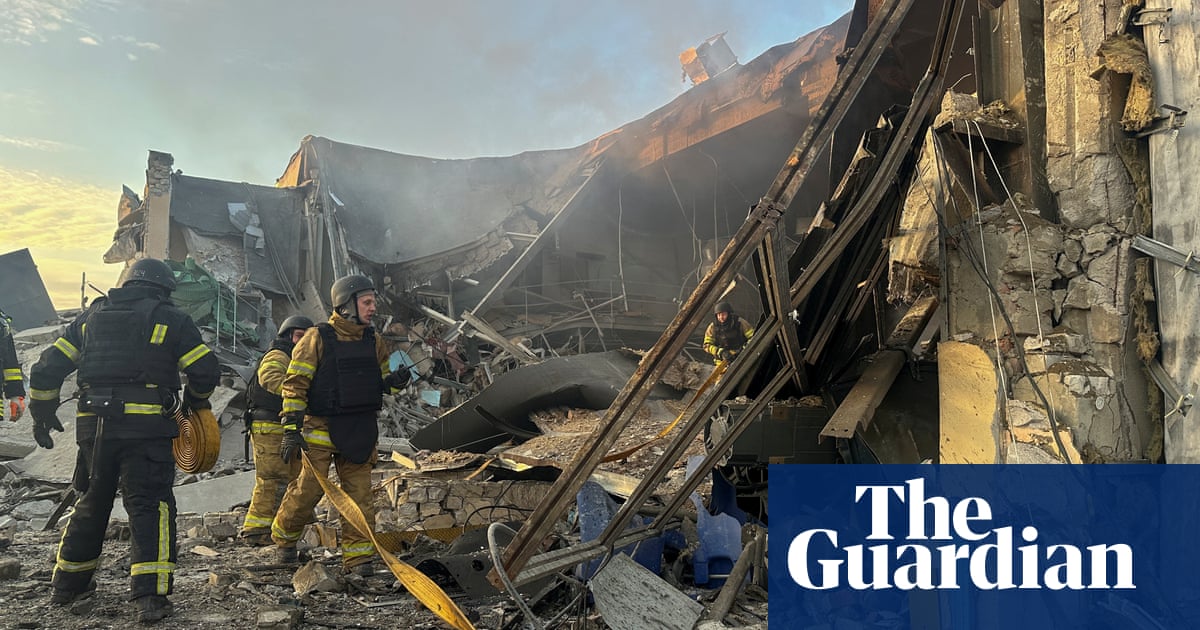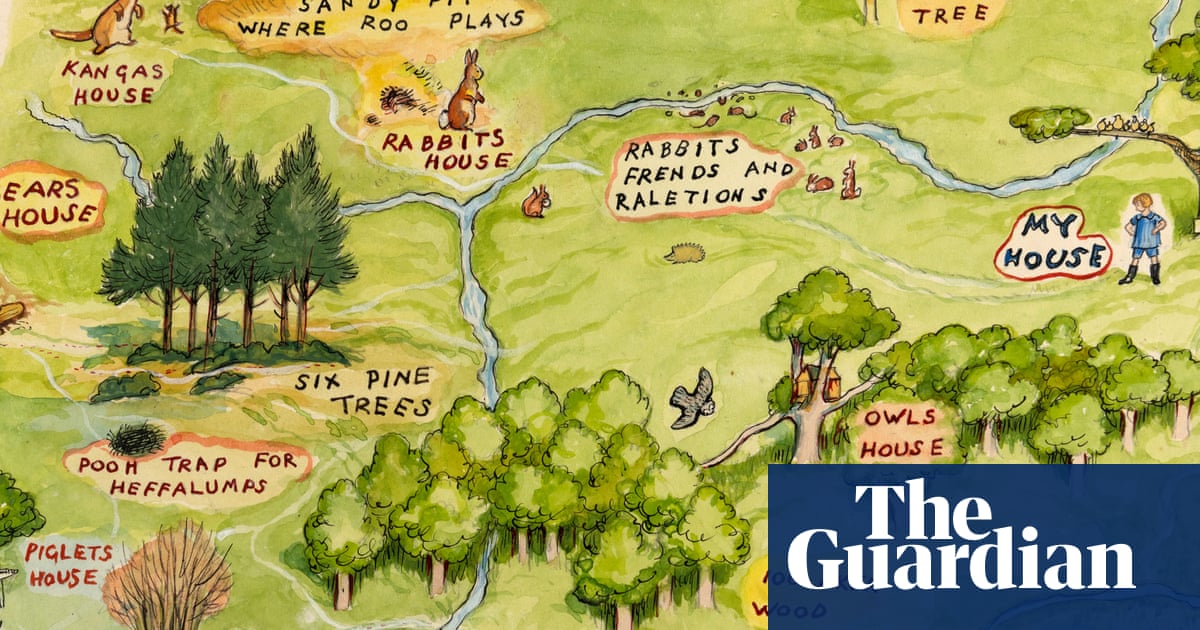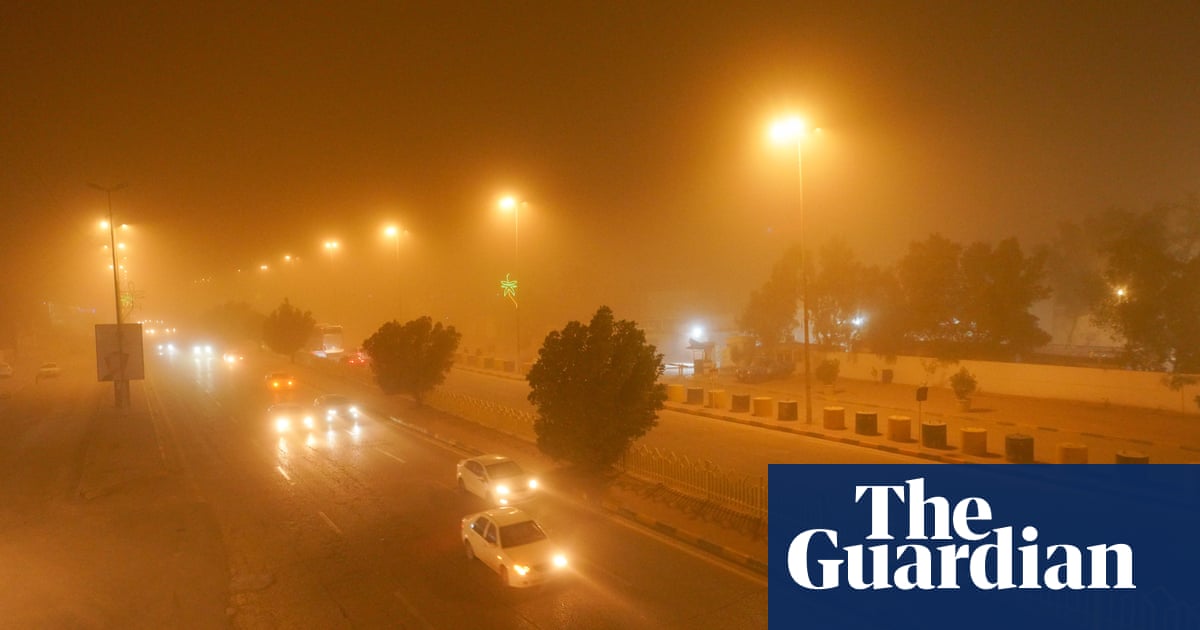John Schlesinger’s anti-American dream drama about two hobos in 1960s New York is a curious choice to adapt into an all-singing, dancing musical. Originally based on James Leo Herlihy’s novel, it is a bromance of suffering, of sorts, between a small-time con-artist nicknamed Ratso, and a former Texan dishwasher who re-invents himself as a sex worker. Neither makes it big in the Big Apple and it ends bleakly, although the multi Oscar-winning film starring Jon Voight and Dustin Hoffman has the patina of a buddy movie.
Paul Jacob French, as Joe, captures the same wide-eyed optimism as Voight’s self-made cowboy who heads east to make his fortune. Max Bowden, as Ratso, is less characterful and the friendship here does not fully come to life, although you feel the desperation as Ratso sinks into ill health and Joe scratches around for the money that might save them both.
The production, directed by Nick Winston with a book by Bryony Lavery, has a polished, hallucinatory look and Andrew Exeter’s expressionistic set shines. It is monochrome and imaginative, taking the story out of its period setting, and re-configuring it in a psychological space. Winston’s choreography is jittery which adds to the dream-like mix.

What is less effective is the score by Francis “Eg” White, a three-times Ivor Novello award-winning composer who has written songs for the likes of Adele, Sam Smith and Florence + the Machine. A few songs fly, such as Don’t Give Up on Me Now and Blue Is the Colour, but most feel wordy and generic.
Not every voice is strong enough either; some numbers sound thin or dissonant, and it is hard to pinpoint whether this is the song itself or the voice singing it. At least there is Tori Allen-Martin, who is a highlight as multiple characters, including Cass – a rich New Yorker who becomes Joe’s first, unsuccessful, customer. The sexualised humour of the film is queasily caught in her song, Whatever It Is You’re Doing, sung while in the throes of sex.
The film, released in 1969, earned an X-rating for its portrait of furtive male homosexuality. Here, graphic sex scenes capture guilt, shame and desperation, with the violence at the end still shocking.
The pace of the production is choppy and it feels too long overall but it presents an unvarnished portrait of an urban underclass that still resonates.

 1 week ago
21
1 week ago
21













































